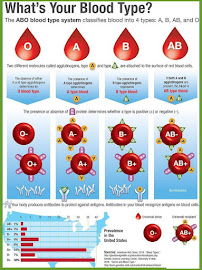Medicine
1. **Medicine**: Medicine is the science and practice of diagnosing, treating, and preventing diseases and injuries to maintain or restore health.
2. **Medical Specializations**: These are branches of medicine that focus on specific areas of the body or diseases. Examples include cardiology (heart), dermatology (skin), and neurology (nervous system).
3. **Pharmacology**: Pharmacology is the study of drugs, including their composition, effects, and uses in the treatment of diseases.
4. **Anatomy**: Anatomy is the study of the structure and organization of the body's organs and tissues.
5. **Physiology**: Physiology is the study of how the body's organs and systems function and interact with each other.
6. **Diagnosis**: Diagnosis is the process of determining the nature and cause of a disease or condition through medical examination and testing.
7. **Treatment**: Treatment involves medical interventions aimed at curing or managing a disease or condition. It can include medication, surgery, therapy, and lifestyle changes.
8. **Preventive Medicine**: Preventive medicine focuses on strategies to prevent diseases and promote overall health, such as vaccinations and lifestyle modifications.
9. **Medical Ethics**: Medical ethics deals with moral principles and values that guide the conduct of healthcare professionals and their interactions with patients.
10. **Epidemiology**: Epidemiology is the study of how diseases spread and affect populations, helping to inform public health measures.
11. **Medical Research**: Medical research involves conducting experiments and studies to advance our understanding of diseases and develop new treatments.
12. **Medical Technology**: This encompasses the use of advanced equipment and techniques in healthcare, such as MRI machines, robotic surgery, and telemedicine.
13. **Patient Care**: Patient care involves providing medical services and support to individuals to improve their health and well-being.
14. **Healthcare Systems**: Healthcare systems include the organizations, institutions, and policies that deliver medical services to the population.
15. **Medical Ethics**: Medical ethics is a branch of ethics that deals with moral principles and values in the context of healthcare, addressing issues like patient autonomy and informed consent.
These are some of the fundamental topics in the field of medicine, each playing a crucial role in the practice and advancement of healthcare.


Comments
Post a Comment